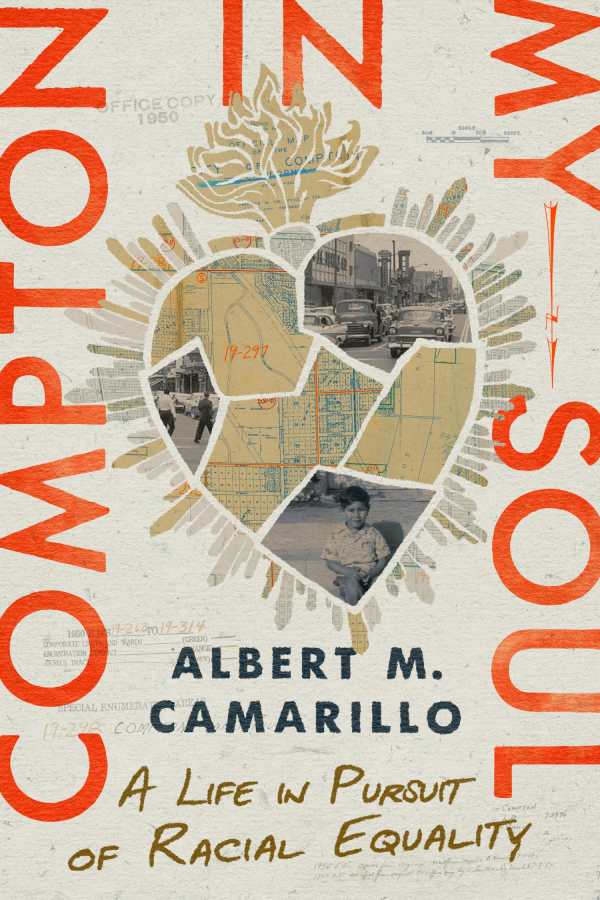Compton in My Soul
A Life in Pursuit of Racial Equality
- 2024 INDIES Winner
- Honorable Mention, Multicultural (Adult Nonfiction)
Albert M. Camarillo’s warm memoir Compton in My Soul traces the source of his ethics and values to a Mexican immigrant barrio in Compton, California, where he learned to envision a better, brighter future. Despite all of the forces working against him, he became an eminent scholar in ethnic studies, a Stanford University professor, an author, and a tireless advocate for equality for all people.
Segregated Compton figures large in the tale. Camarillo’s father, at the age of ten, walked 1,800 miles from his home in Michoacán, Mexico, to Compton with his uncle, searching for his farmworker father. The narrative alternates heartwarming stories of family solidarity with heartrending testimonies of racial injustice. Among the examples of the toll of racial segregation on his family, Camarillo includes the torment that his parents suffered with the accidental burning death of their small daughter, who was denied emergency treatment at the nearest hospital, which at the time only served white people. And by the late 1980s, due to discriminatory government policies against its ethnic populations, Compton had morphed from a small, multiethnic, family-oriented city into America’s murder capital; Camarillo is clear when it comes to providing the disturbing explanations for the city’s downfall.
Its prose engaging and informative, the book imparts a wealth of information about the effects of segregation and the struggle for racial equality in America. Its stories highlight the importance of family and community solidarity; the pivotal events of the transformative, turbulent 1960s and beyond; and the successful efforts of forward-thinking minority educators to see ethnic studies included among university programs.
By a Mexican American academic who confronted American segregation and prevailed, Compton in My Soul is an inspirational memoir.
Reviewed by
Kristine Morris
Disclosure: This article is not an endorsement, but a review. The publisher of this book provided free copies of the book to have their book reviewed by a professional reviewer. No fee was paid by the publisher for this review. Foreword Reviews only recommends books that we love. Foreword Magazine, Inc. is disclosing this in accordance with the Federal Trade Commission’s 16 CFR, Part 255.

